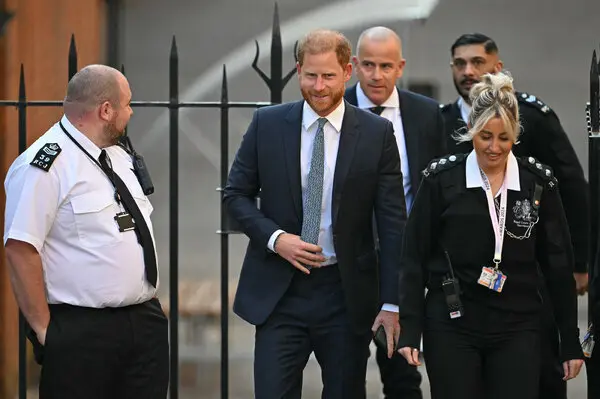Prince Harry has lost a long-running legal battle challenging the United Kingdom’s government’s decision to downgrade the level of taxpayer-funded security he receives when visiting the country, a move that allows authorities to proceed with a more limited, “bespoke” arrangement for the Duke and his family.
The Court of Appeal upheld an earlier High Court ruling that found the decision by the Executive Committee for the Protection of Royalty and Public Figures (Ravec) which stripped Harry of automatic police protection following his 2020 departure from royal duties was lawful.
Harry’s legal team had argued that the decision left the Duke, his wife Meghan, and their two children vulnerable and “singled out” for “inferior treatment.”
They contended that his life was “at stake” and that the court had “erred in law” by allowing the change to stand.
The case centred on a February 2020 Ravec decision that determined Metropolitan Police protection was no longer “appropriate” following the Sussexes’ move abroad.
Instead, Harry would be offered a tailored security arrangement requiring him to give 30 days’ notice of any planned travel to the UK, with each visit assessed individually for risk.
The court heard that Harry, who began legal proceedings in September 2021, had offered to personally fund the security measures, but Ravec rejected the proposal.
The committee expressed concern that allowing private funding for police protection would be wrong “in principle” and could compromise the integrity and availability of a limited pool of specially trained officers.
The Duke’s legal representatives argued this refusal, and the overall decision-making process, violated official policy and unfairly disadvantaged Harry in comparison to other members of the royal family.
Despite this, a High Court judge in February 2024 dismissed the claim, finding that Ravec acted within its powers and did not breach policy.

